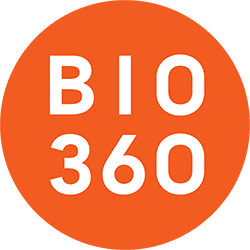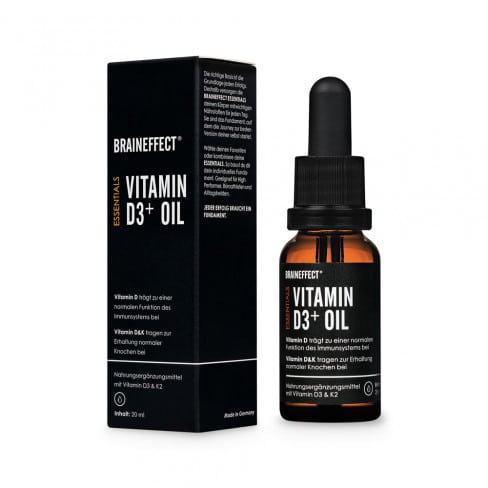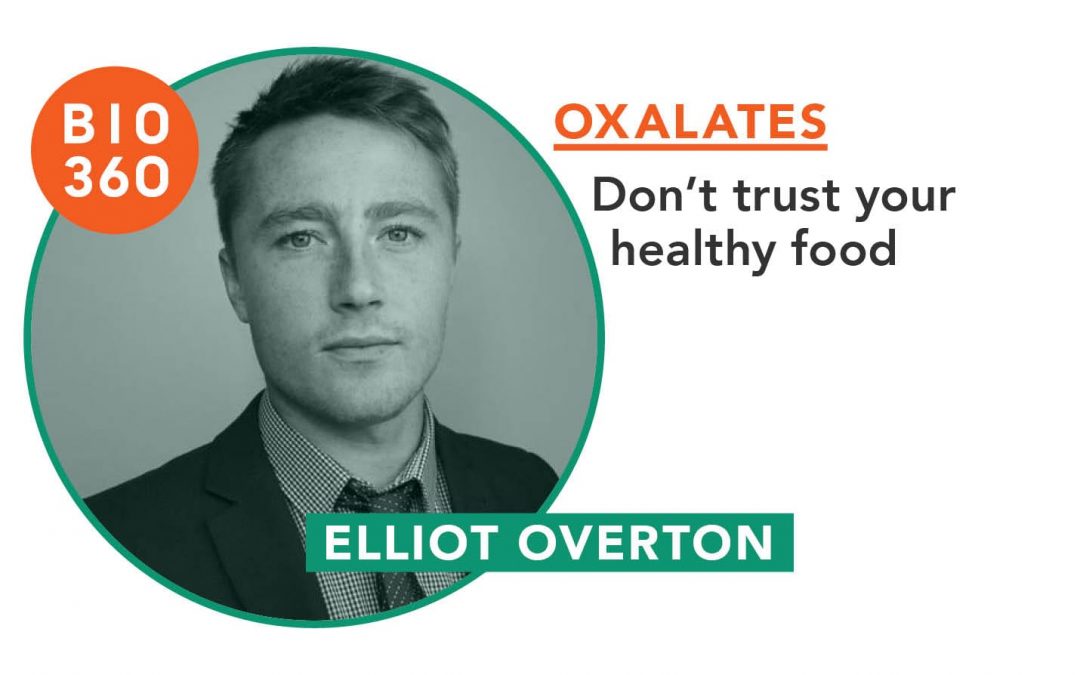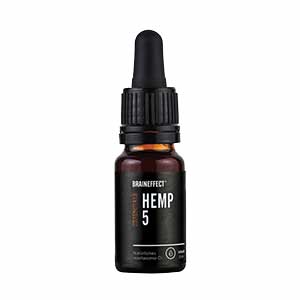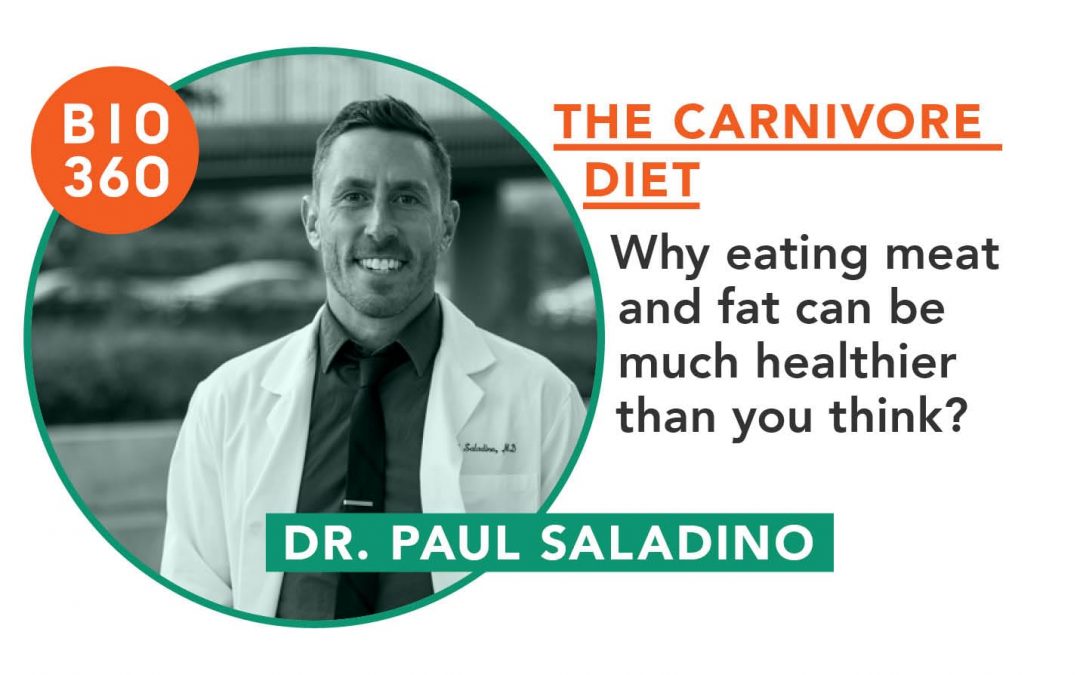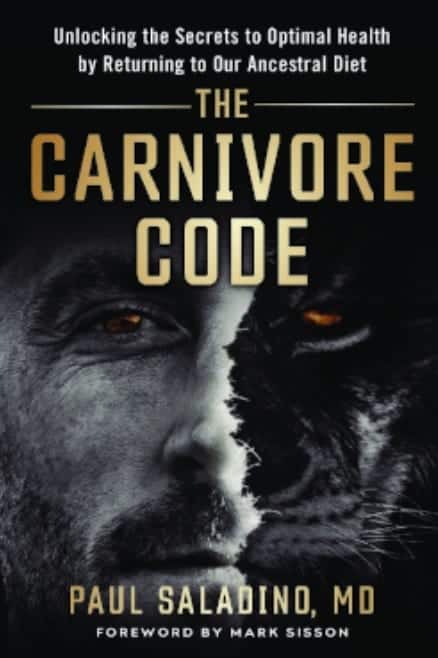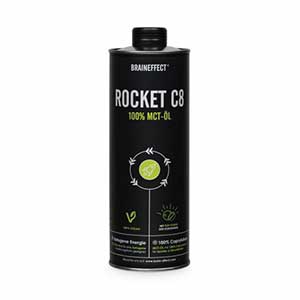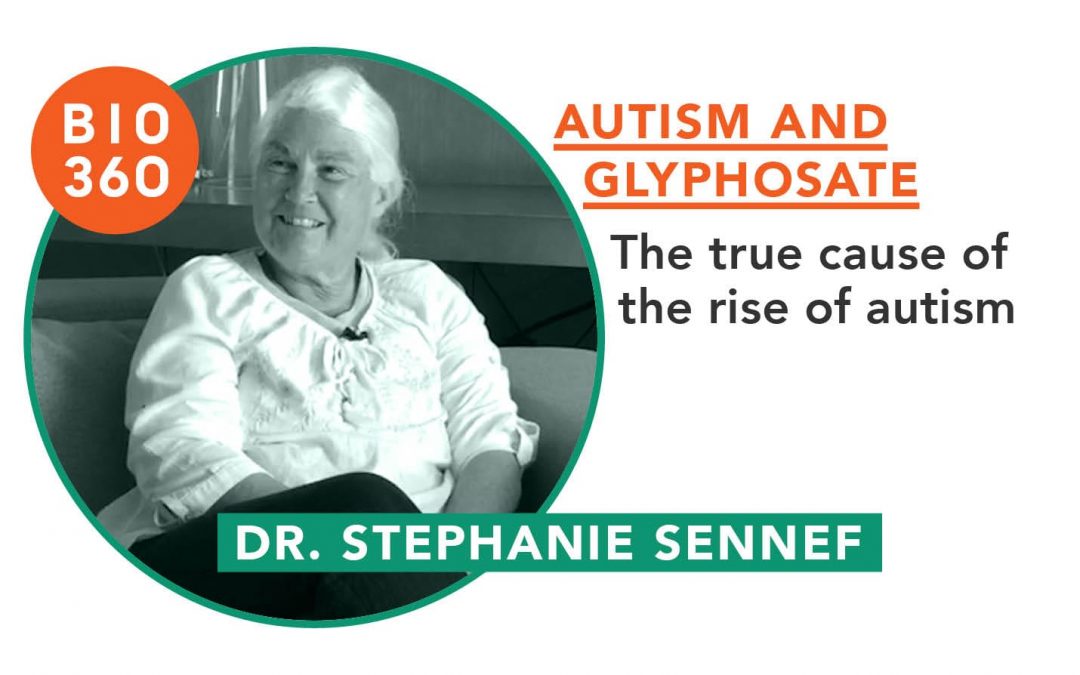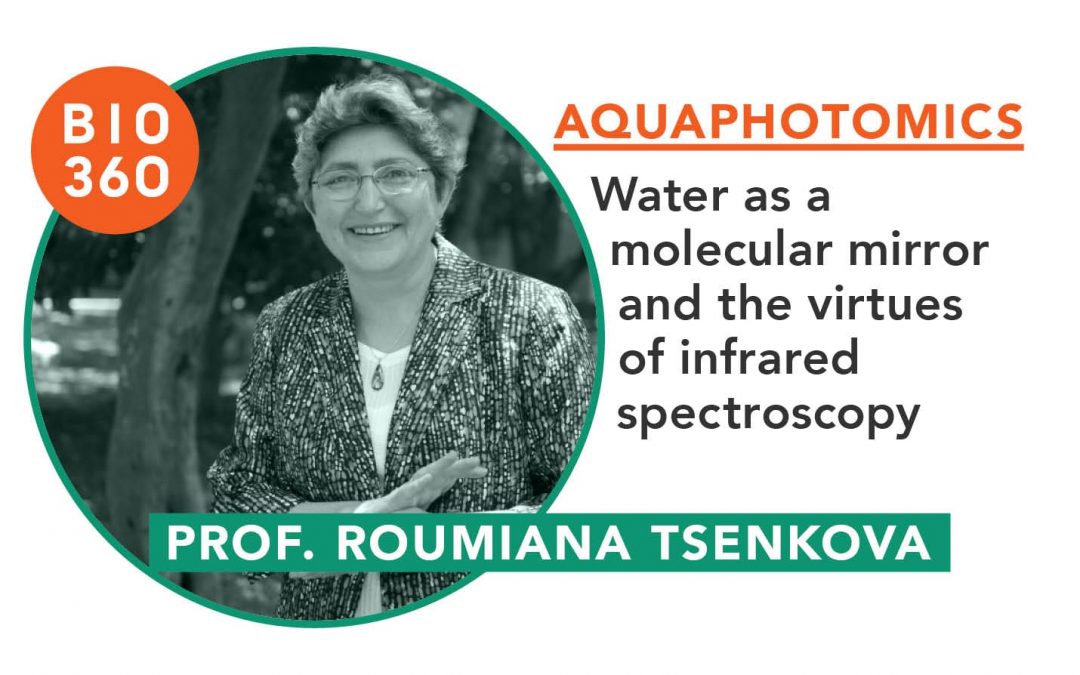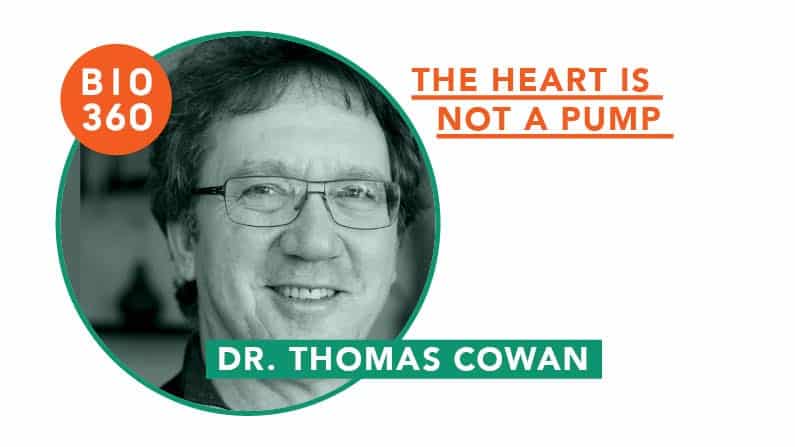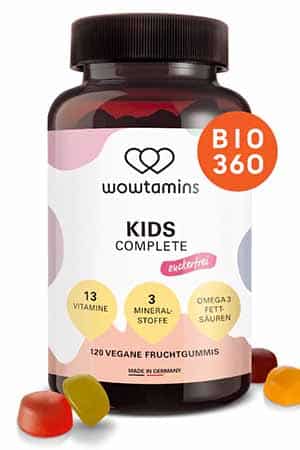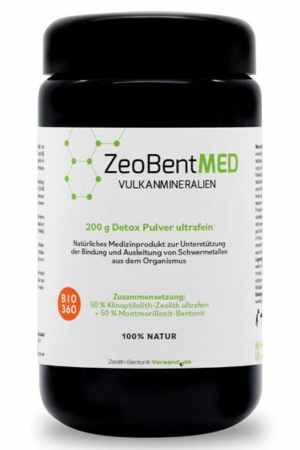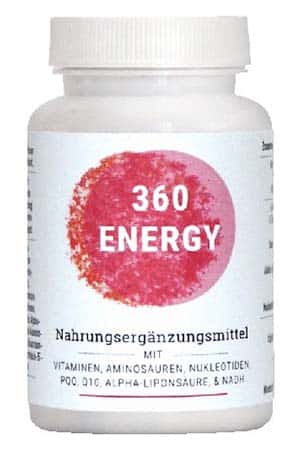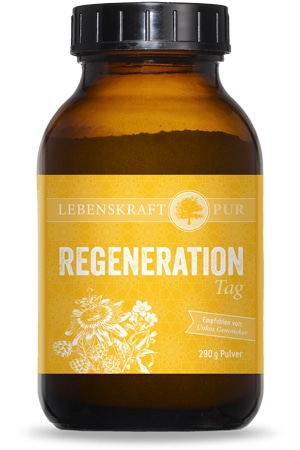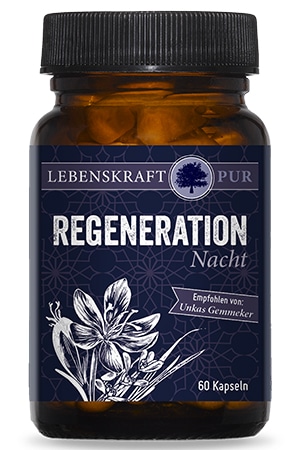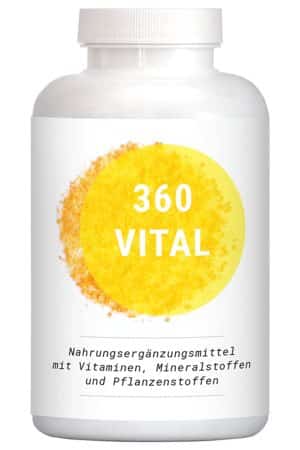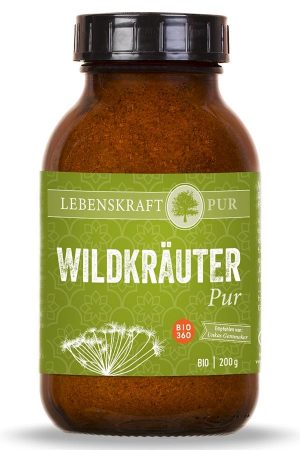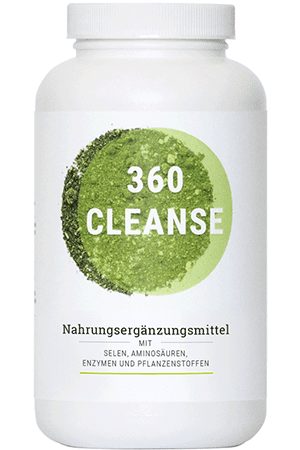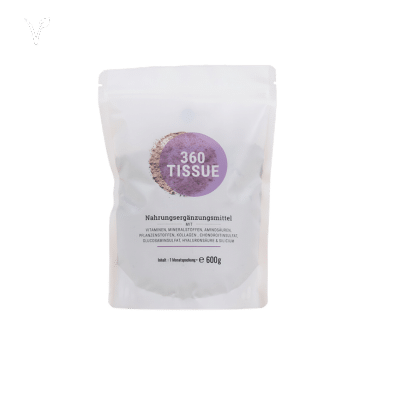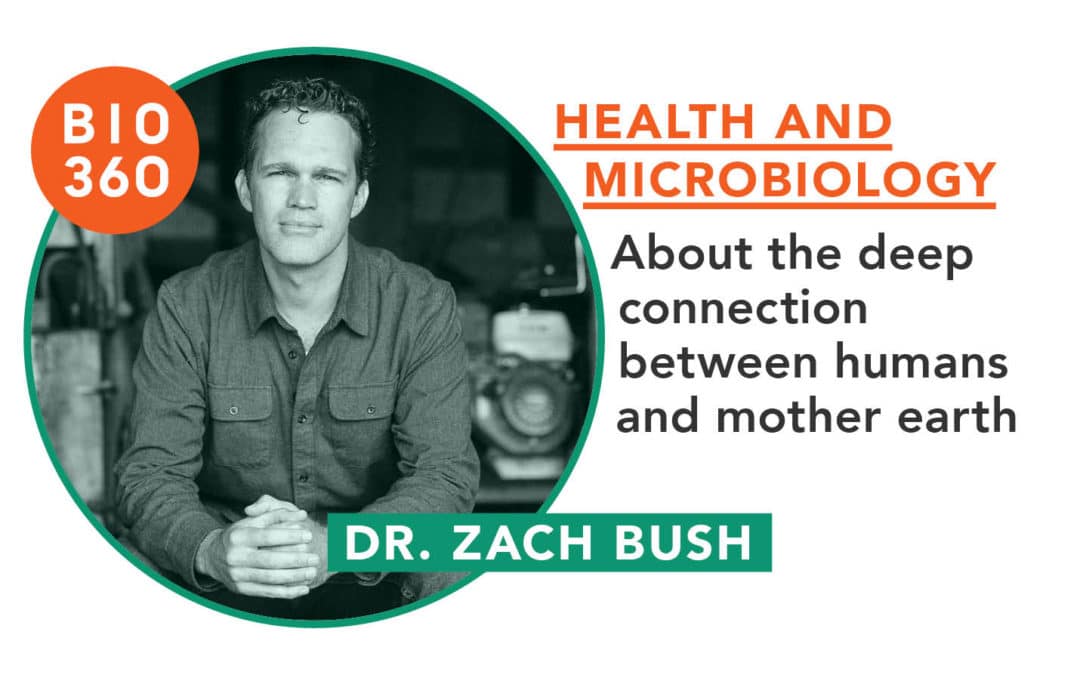
Health and Microbiology
What is the common denominator of chronic disease today in the industrialized nations? What is our current understanding of immunology based on? Can we get healthier by social distancing? How much does our biology depend on touch, connection and communication?
Zach Bush MD is a physician specializing in internal medicine, endocrinology and hospice care. He is an internationally recognized educator and thought leader on the microbiome as it relates to health, disease, and food systems. Dr Zach founded *Seraphic Group and the non-profit Farmer’s Footprint to develop root-cause solutions for human and ecological health. His passion for education reaches across many disciplines, including topics such as the role of soil and water ecosystems in human genomics, immunity, and gut/brain health. His education has highlighted the need for a radical departure from chemical farming and pharmacy, and his ongoing efforts are providing a path for consumers, farmers, and mega-industries to work together for a healthy future for people and planet.
- What’s the status of our health in the west right now and where are we going?
- What is the most common denominator of all modern diseases?
- Inflammation, Immune system, gut
- How did chronic diseases develope in the past 100 years and what do they correlate with?
- What’s the connection between the soil and the gut?
- Why is the gut so vulnerable?
- What does glyphosate to the gut?
- What’s the status of our soil? (dust bowl)
- How did we get to a chemical based agriculture?
- Do we need GMO and glyphosate to feed the world?
- Why seems everybody to be contaminated with glyphosate?
- more than 99% of Glyphosat goes into the ground, the water and the rain
- How is fertility going today?
- How long is our disease management system (health care) going to work?
- How is the rest of the world doing, compared to the western and industrialized nations?
- What can we do about all this?
- What is restore4life?
- Do we rely on a different technology or does the change has to come from within?
- Could doomsday be a beginning of a new era?
- Where can we find you?
Die Vitamin D3 Tropfen von Braineffect sind fast wie flüssiges Sonnenlicht.
Mit dem Gutscheincode “bio360” bekommst satte 20% Rabatt
The Oura Ring is probably the world best sleep-tracker.
Get a whoopiing 50$ off with this link
The coupon code will be applied in the shopping cart at the end.
Weiterführende Links:
Diese Episoden könnten dich auch interessieren:
Podcast-Folgen 318, 319, 320, 321, 322 zum Thema Autism and Glyphosate

Komm mit auf eine Reise zu mehr Energie!
Wir sind schon mehr als 15.000 Mitglieder in BIO 360 Community! Hier bekommst du noch mehr kostenloses Wissen, nimmst an tollen Aktionen teil und erfährst alles als Erste(r).
Trag' deinen Namen ein - es ist kostenlos!
